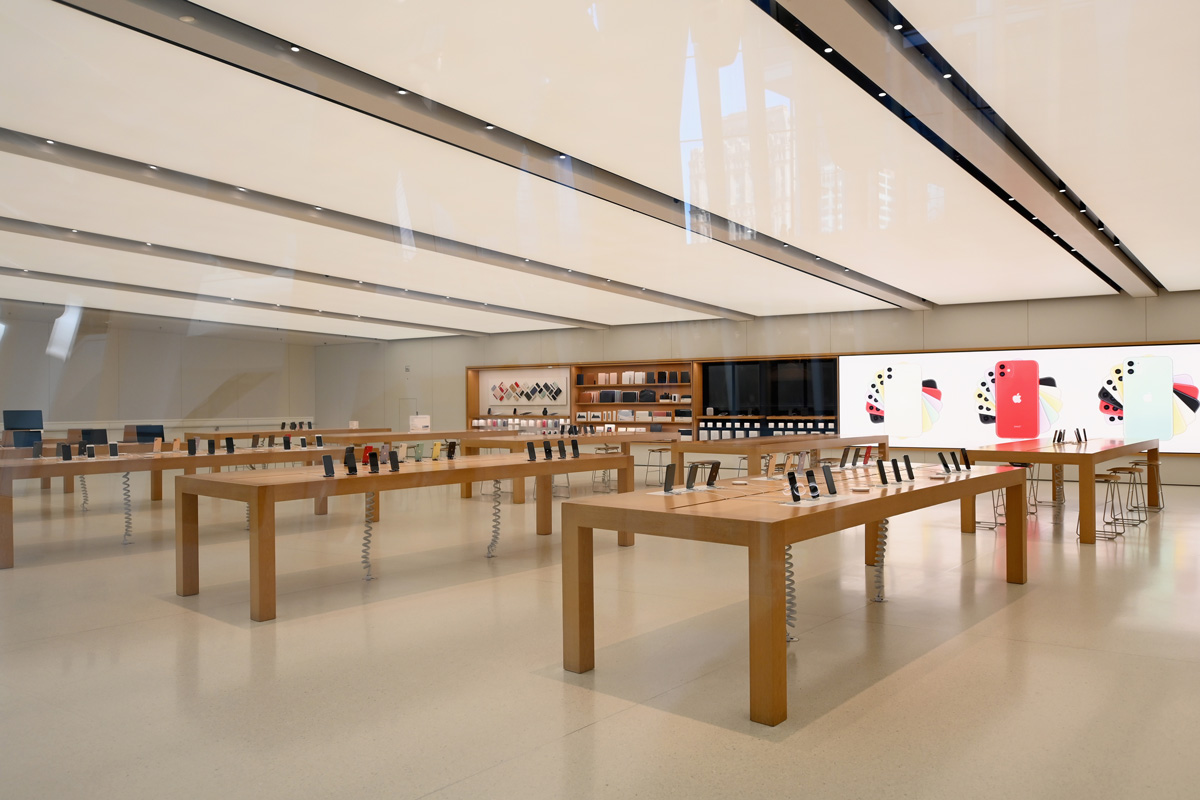The sale of smartphones is expected to hit nearly 127 million mark this year, due to the Covid-19 pandemic caused lockdowns that have impacted both supply and demand, a report said on Tuesday. The data predicted for the year is 21.6 per cent down from the earlier projection of 162 million units.
The report, issued by a market research firm techARC, has predicted that the number of smartphone sales for 2020 will come down 12.5 per cent when compared to the previous year.
“This impact due to Covid-19 means 21.6% less than the sales estimated at the beginning of the year 2020. In terms of actual decrease compared to 2019, it will be 12.5% (down from 2020 sales of 145 million),” techARC said.
“The worst period for the smartphone industry in India seems to be over as both the production and sale fulfilment has started. Smartphone brands will endeavour to stay on track, which means there will be less focus on experiments and more on relevancy for the consumers,” said Faisal Kawoosa, Founder & Chief Analyst, techARC on Tuesday.
The basic and mid-price segments (Rs 5,001–Rs 25,000) will make over 92 per cent of the total sales. The entry-level segment (up to Rs 5,000) will continue to witness decline while the premium segment (Rs 50,000 and above) will be least impacted as the propensity to spend will still remain high in that segment, the report said.
“Every user would aim to save as much as possible owing to uncertainties around. There will be some shift of demand from upper price segments to lower ones due to this,” said Kawoosa.
Since the emergence of Covid-19 situation, main original equipment manufacturers (OEMs) have quickly responded to the changing market dynamics. The agility in brands is becoming their strength and shall play a vital role in their business continuity going forward, the report mentioned.
techARC expects mild impact on the market shares of top five smartphone brands.
“Smaller brands will bear the brunt the most. The niche players would also be impacted although mildly,” said Kawoosa.
For the brands, the only strategy to sustain revenues is to diversify into other categories like “essential electronics”, “pandemic electronics” and “safety electronics”, among others.
Brands have recently introduced hyper-local O2O (online to offline) medium where demand is aggregated online and fulfilled through offline retail network in the catchment area of a potential customer.
“This could pick up well and contribute 5-7 per cent of the total sales in coming months as the sales can be fulfilled in less than a day,” the report said.












